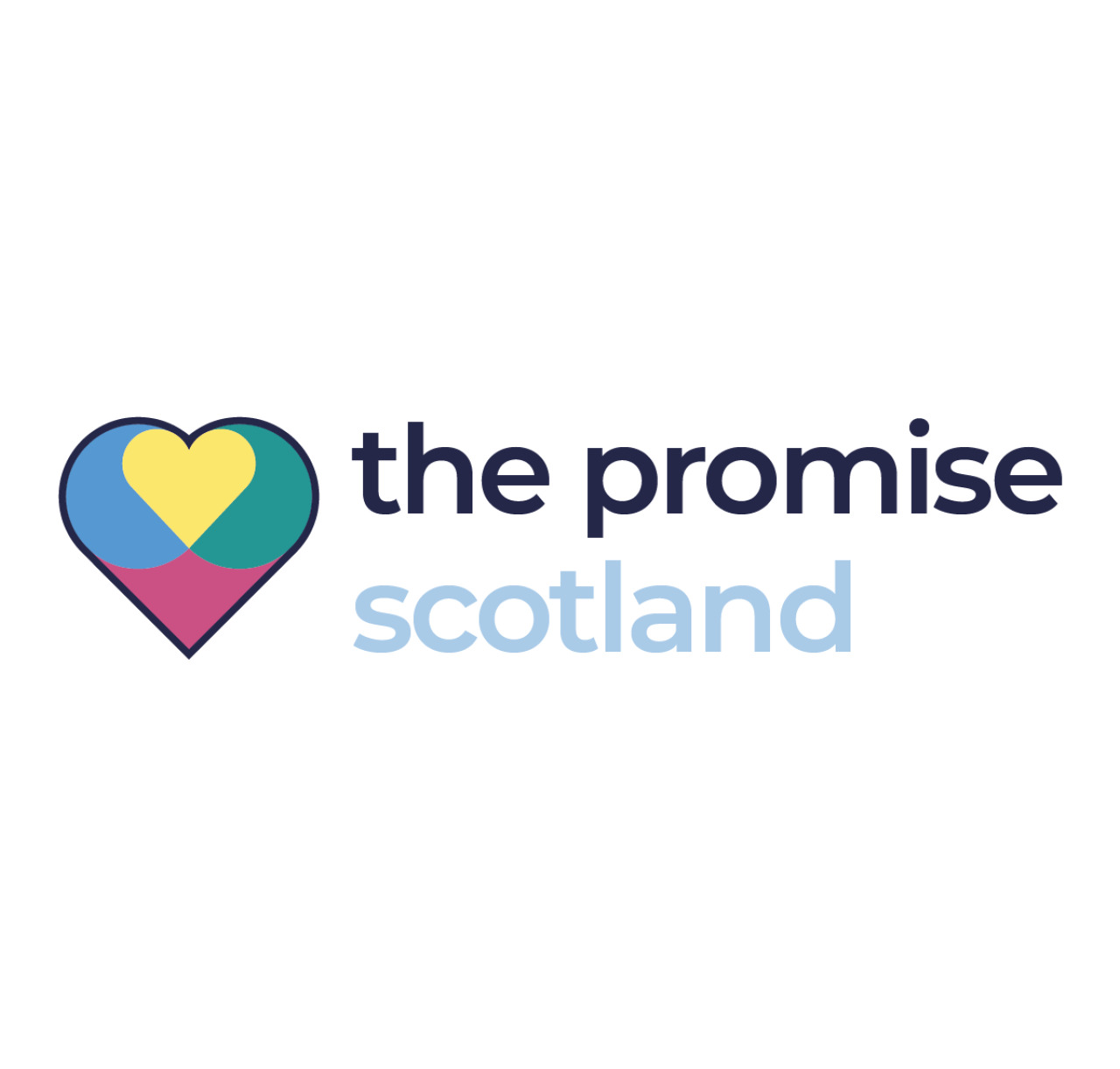Trauma is everyone’s business

During the first year of our new Trauma Informed Practice (TIP) training plan, Head of Services Michelle Lloyd explores the value of Trauma Informed Practise in building sustainable, supportive services.
At Cyrenians we’ve long been aware of the significant impact traumatic experiences can have on our health and wellbeing, and the myriad of ways these experiences can hinder our abilities to live fulfilling lives. That’s why, over the last year, we have prioritised training our staff and volunteers in trauma informed practice.
Scotland is one of the first countries in the world to develop a robust knowledge and skills framework, and an accompanying training plan, for psychological trauma. This framework is led by NHS Education for Scotland (NES), with Implementation Coordinators in each local area, and was informed by people with lived experience. The framework is aspirational, future-focused and argues strongly that ‘trauma is everyone’s business’.
One of our strategic aims is to Seek system change through the introduction of values-led, trusted relationship-based services across all sectors and one of the ways we are doing this is by developing the use of trauma informed practice across the organisation. By being trauma informed we aim to change the question from 'What is wrong with you?' to 'What has happened to you?
Cyrenians was delighted to be one of the few third sector organisations to be involved in the initial roll out of the Trauma Training Plan. Thanks to the support of NHS Lothian’s Implementation Co-ordinators, between October 2020 - March 2021 106 staff were trained in trauma informed practice (TIP), with a further 17 volunteers receiving training at Level 1.
Feedback from our staff was overwhelmingly positive.
“All fed back to me individually how worthwhile and useful they found it, particularly as they could all think of incidences in past few months where they might have felt better equipped to deal with a situation had they had this training.” - Cyrenians Service Manager
Others commented that it was useful to have a shared vocabulary in working with public sector colleagues.
“[It's] useful to understand current terminology- especially if this is being rolled out to NHS staff, we can use the same language as them when supporting them to understand patients’ behaviours”.
For some, participation in TIP training consolidated existing knowledge, while other staff commented on how useful it was that we prioritised this training during the pandemic, when we all needed to be more sensitive to each other's personal and professional mental loads.
We know that training is not enough - the next stage is to embed this learning in our own systems and service delivery. We also want to work collaboratively with partners across Scotland to bring about much-needed systems change. We plan to do this by:
- Using the five principles of TIP (safety, choice, empowerment, trust and collaboration) to guide 1-to-1 meetings and Annual Learning Reviews
- Collaborative working with public and third sector colleagues across Scotland via the Trauma Champions Network
- Incorporating TIP self-care tools and tips into wellbeing support for our workforce
- Including TIP discussions during service planning days
- Collating TIP resources and the promotion of trauma informed leadership
- Including TIP in the recruitment and induction of our staff and volunteers.
- Training our staff to deliver ongoing level 1 TIP training
A decade ago the Christie Commission called for a radical shift in the design and delivery of public sector services, urgently needed in order to tackle deep-rooted societal inequalities. By embedding trauma informed practice across Cyrenians, and prioritising a number of preventative approaches to homelessness, we are playing our part in delivering sustainable and person-centred services which have the principles of TIP at their very core.
The Christie Commission
Ten years old and still pointing the way
The Christie commission reflect on how far we have come where work has fallen short.
